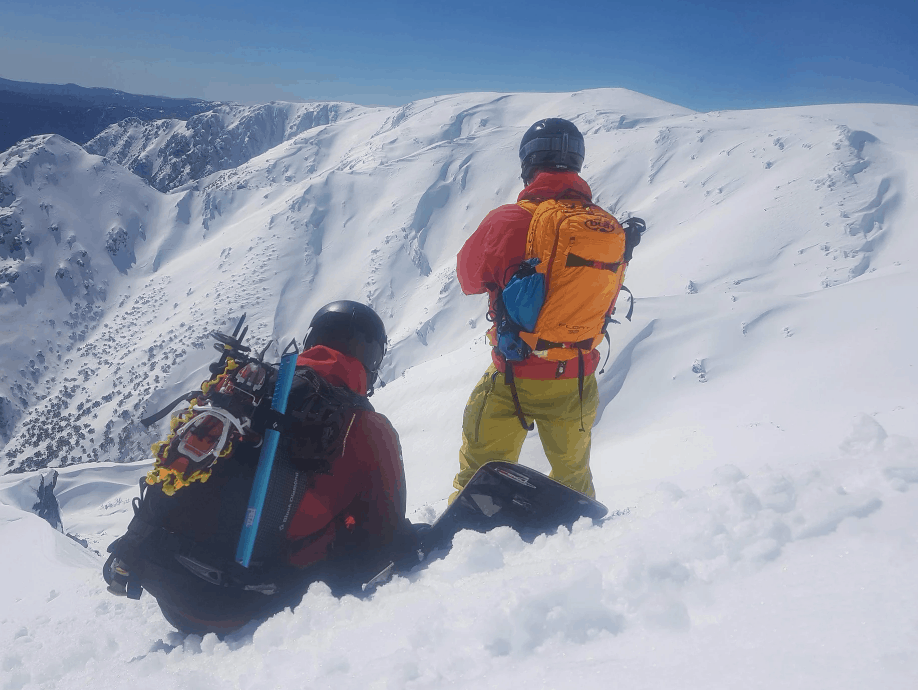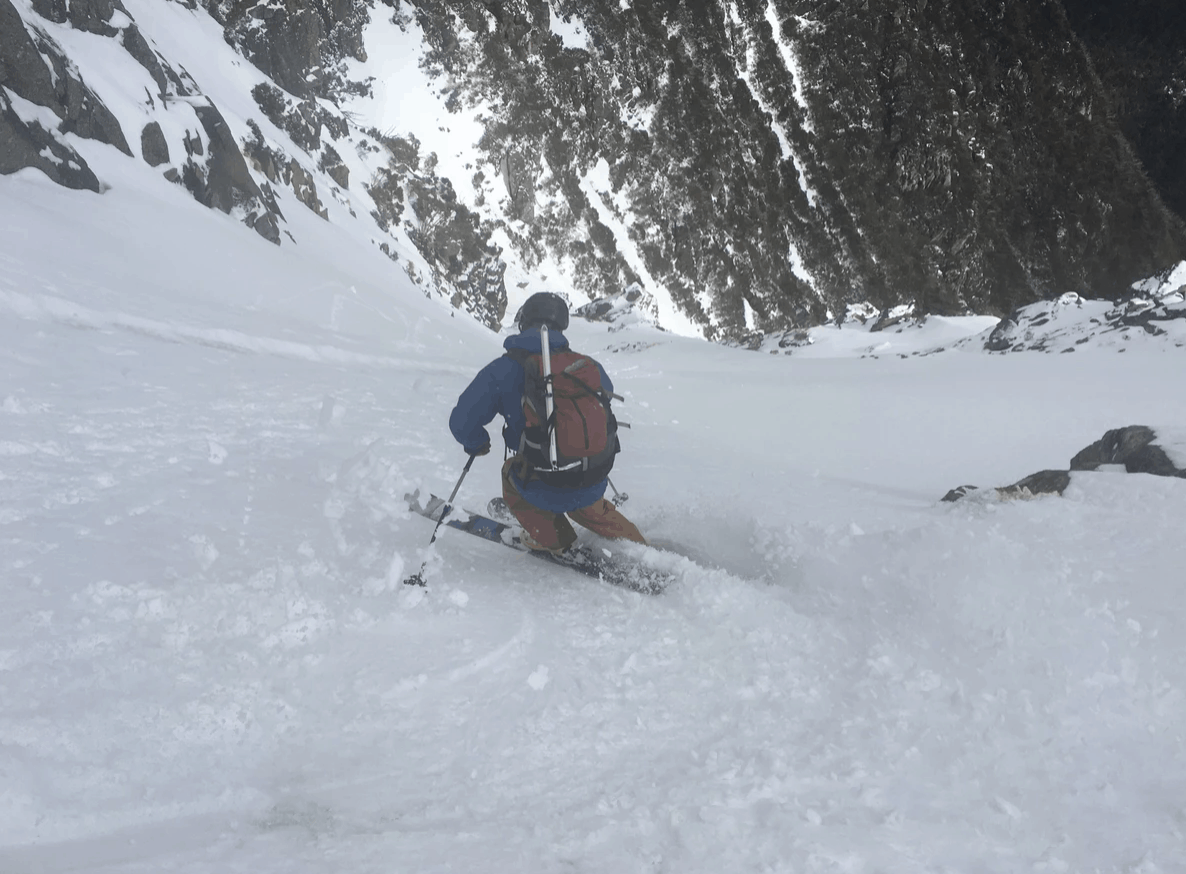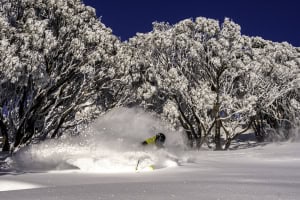Backcountry Awareness: A Few Tips For When You Go Beyond The Boundaries – Pack Size

Mountainwatch | Doug Chatten
When it comes to heading into the backcountry, the old adage is “Know Before You Go”, and Doug Chatten from Snowy Mountains Backcountry knows better than most, so we’ve hit him up for some backcountry advice you should take on board.
When I head into the backcountry I pretty much have the same kit in my pack every time, no matter how far I am from the trail head. Looking at the forecast gives me an indication of what I might achieve, not what I’ll pack! The perfect day can quickly turn into an epic for untold reasons and packing light can compound the issue. Bottom line is in case of emergency I need enough gear to shelter for the night until help arrives or I self-evacuate the next day. On a day trip I’m not planning on staying overnight, but I’m planning to be able to survive overnight if necessary.

Ideally each person in your group should have enough gear to be self-sufficient in case of an emergency regardless of your proximity to help. Insulation jacket (down or synthetic), light weight shelter like a Vango Bothy Bag, sit mat, head lamp, as well as the usual and you are going to have trouble fitting it in anything less than a 30Lt pack. Save the weight on your kit items not your pack, the difference between 10litres of pack volume is very little at a couple of hundred grams compared to the extra scope in your versatility and preparedness.
It is essential that you not only acquire the necessary equipment,t but also the skills required to travel safely through the mountains. Whilst it is good to take educational courses it takes some time to develop a solid foundation of skills and experience. A 20 Lt pack, an educational course and very little experience doesn’t offer much redundancy.
No one is impervious to unexpected and unforeseen circumstances, but with experience the risk of avoidable situations is reduced. If you’re heavy on experience you’re better placed to travel a little lighter. Light on skills and light on gear decreases your safety margin.
For more tips from Doug and information on backcountry tours in the Snowy Mountains head to Snowy Mountains Backcountry
If you need backcountry gear check it out the backcountry collection the Mountainwatch store






